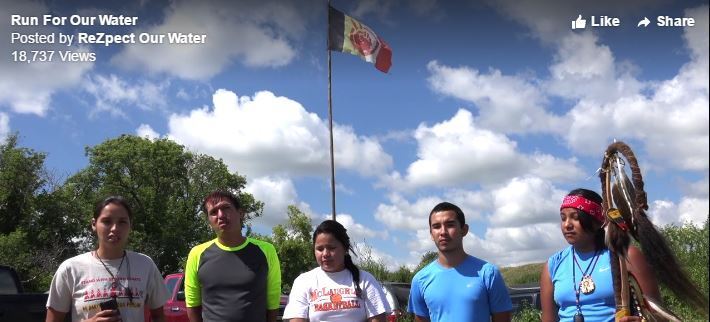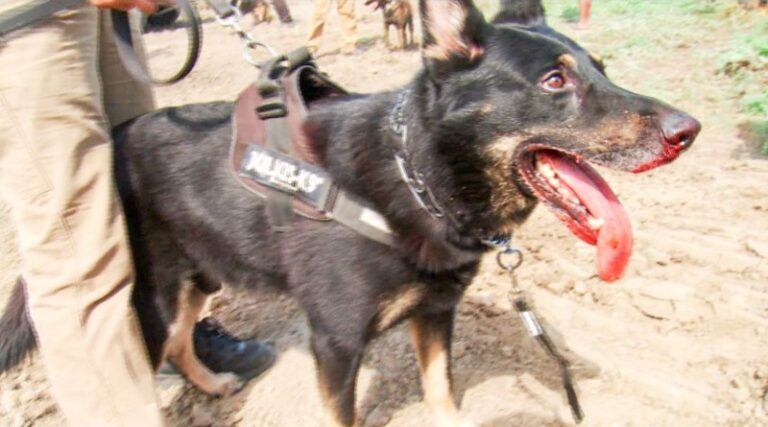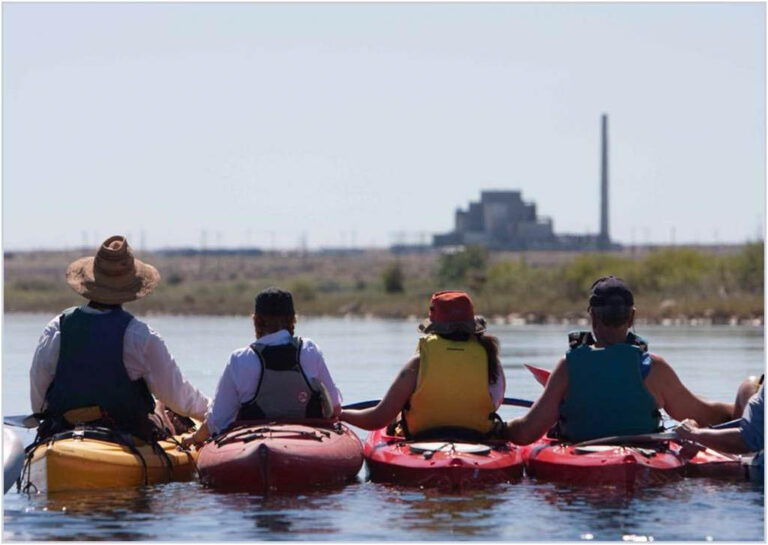by Benita Moore
Tahlequah is a female orca, also known as a killer whale, who is part of the Southern Resident orca population. Over the past few weeks, Tahlequah has attracted worldwide attention due to her “tour of grief,” during which she carried the body of her dead calf for 17 days and over 1,000 miles. The Southern Residents are listed as endangered in both the U.S. and Canada. They are made up of 75 Orcas divided into three pods – J, K, and L. The population of this clan has declined by 23 in the past two decades, representing over 20% loss. The death of Tahlequah’s calf is significant as it was the first live birth in the clan in the past three years.
The Orca’s diet primarily consists of 97% salmon, and the decline in the salmon population is believed to be a major factor contributing to the health challenges faced by the Southern Residents. Pollution and human activity, including marine noise, also pose threats to the Orca population.
J50, another member of the clan, is currently emaciated and in poor health. Efforts are underway to rescue her, including feeding her live Chinook salmon, her regular diet. The pod also suffered a significant loss in 2016 with the death of its matriarch, J2 or Granny, who was estimated to be 105 years old.
The Orca are highly intelligent creatures, with each group having its own distinct dialects, and they are self-aware and able to recognize themselves in a mirror. The Orca have been known to work with humans and have a sacred relationship with the coastal indigenous people, including the Lummi Nation. The Lummi Nation is currently working to bring Tokitae back home to swim with her mother again. She is the last surviving Orca from a group of juvenile Orca that were grabbed illegally from the waters and sold to marine parks for entertainment 50 years ago.
The Lummi word for Orca is ‘qwe lhol mechen’, which means the people/relative under the sea. There is a First Nations belief that humans who drown at sea become Orca and some tribes believe that chiefs can reincarnate as one. Tlingit stories tell of a powerful deadly force of nature that terrifies every creature except man, who they are said to be here to look after.
The tragic events with Tahlequah and her family have struck a chord with many, as they believe the Orca are trying to send a message about the state of their health and the health of the waterways. The proliferation of pollutants and the destruction of salmon spawning grounds are major challenges to the ecosystem and the survival of the species. The women in the community feel a particular connection with Talhequah and her grief. As fellow “live givers,” they come together to pray and find solutions.
We foresee future parents telling their children the tale of one Orcas’ journey of sorrow and the way it either changed the world, or everyone ignored it . At some not too distant point in the future, humanity will have no choice but to finally pay attention and attempt to do something to protect the living planet. Maybe today we should listen to Tahlequah.




